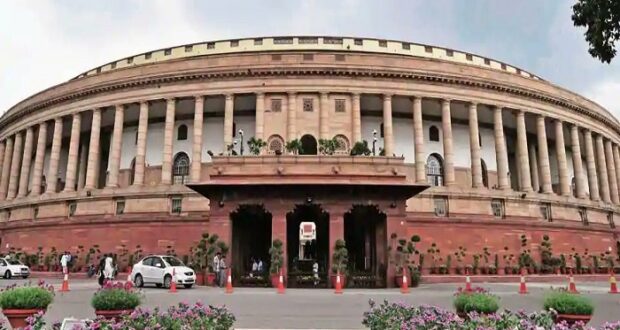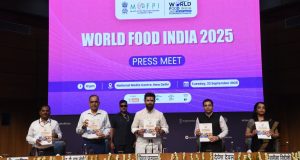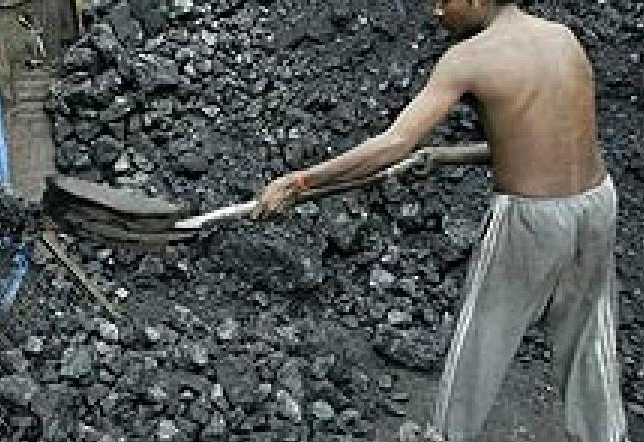The Food Processing Sector has emerged as an important segment of the Indian economy and it constitutes as much as 9.9 percent and 11.4 percent share of GVA in Manufacturing and Agriculture sector respectively in 2019-20 at 2011-12 prices. However, some of the key challenges facing the sector are- Supply chain infrastructure gaps; Institutional gaps; Relatively low level of processing; Technological gaps, Lack of seamless Linkage between Agri-Production and Processing, Credit availability gaps etc. The draft National Food Processing Policy lays down strategy for unhindered growth of the sector by addressing these challenges through Promotion of clusters; Convergence of services provided by different Ministries / Departments; Focused interventions for improving competitiveness; Promotion of India’s Unique Selling Proposition (USP);Strengthening unorganized food processing units; Increased access to institutional credit at affordable cost.
Some of the key objectives of the draft policy are-
-
- Attaining a higher growth trajectory through significant increase in investment for strengthening supply chain infrastructure and expansion of processing capacity particularly in perishables;
-
- Improving Competitiveness through technology upgradation, Research &Development, Branding and strengthening India’s USP in food sector;
-
- Attaining long term sustainability in growth of the sector through efficient use of water, energy, adoption eco-friendly technology in processing, storage, packaging and use of waste from FPI industry.
The draft policy had already been unveiled and circulated in November 2019 for comments of concerned Ministries/ Departments/State Governments and stakeholders at large (through ministry website). However, unforeseen economic challenges arising out of COVID Pandemic has necessitated substantial changes to it.
This information was given by Minister of State for M/o Food Processing Industries, Shri Prahlad Singh Patel in a written reply in Rajya Sabha
 Indian Industry Plus A Pratisrutiplus Suppliment
Indian Industry Plus A Pratisrutiplus Suppliment












